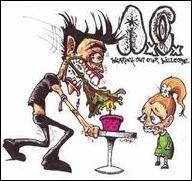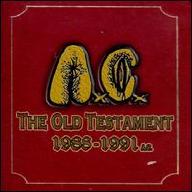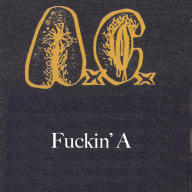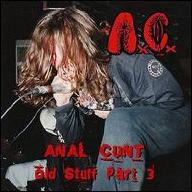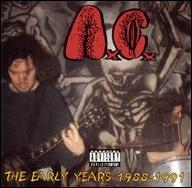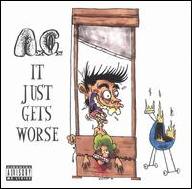This new lineup signed with Earache, a label that had been courting them since their first few demos. They released Morbid Florist the same year, and found themselves met with an enthusiasm in the underground metal scene that they never expected. Ordonez came back as a second guitarist, and Everyone Should Be Killed was released the next year. Their sound was slowly beginning to become more punk influenced, which brought their appeal out to a larger audience. Ordonez was gone again by the end of the year, and Paul Kraynak became his replacement. This lineup recorded Top 40 Hits and their infamous Oi! version of the Bee Gees' Stayin' Alive. This proved to be their biggest breakthrough as they were embraced by the punk scene for their outrageous lyrics and actions. They also began to brew up some serious controversy as they admitted that Screwdriver and Vaginal Jesus, two racist hardcore bands, were their main point of reference with the Bee Gees cover. They even performed shows with the latter, bringing serious heat from many of their fanzine supporters. National publications like Metal Maniacs refused to interview them or review their albums, and even Earache began pulling their support away.
In this environment they released 40 More Reasons to Hate Us in 1996. Kraynak jumped ship and was replaced by Scott Hull, who promptly left the band after recording the album. Even drummer Tim Morse left the band, but Putnam put together another lineup for a tour with Incantation and the albums I Like It When You Die and the acoustic Picnic of Love. This lineup consisted of guitarist Josh Martin and drummer Nate Linehan, and managed to last through the next album, 1997's It Just Gets Worse. Only two years later, Linehan was gone, replaced by John Gillis, and the band was dropped from Earache. The label had many distribution problems with the band's name, and with song titles like Limp Bizkit Thinks They're Black, but They're Really Just Gay, there were few chain stores willing to carry their albums. They label-hopped for a few singles, letting Ng Records release the only album from this transitional period, The Early Years: 1988-1991. The album was comprised of countless songs from all their demos and singles from before Morbid Florist, and kept fans busy until Defenders of the Hate was released in 2001 on Menace to Sobriety Records. The band reunited soon after. On June 11, 2011, Seth Putnam died of a suspected heart attack. He was 43 years old. ~ Bradley Torreano, Rovi


